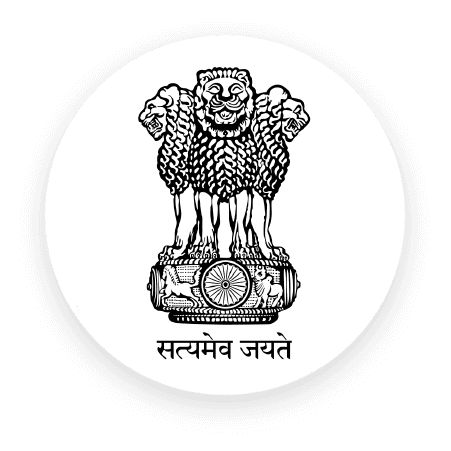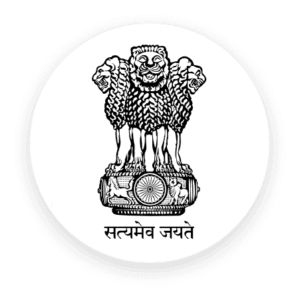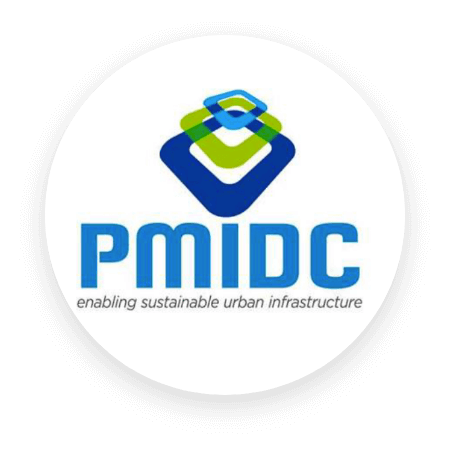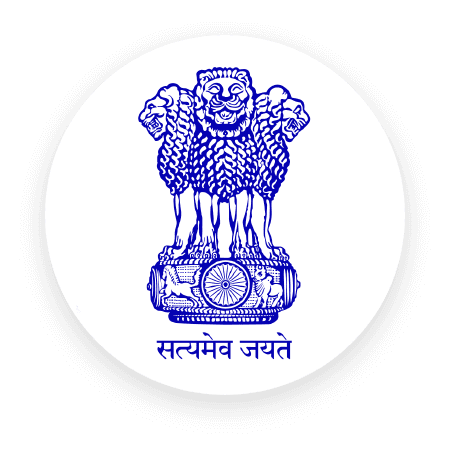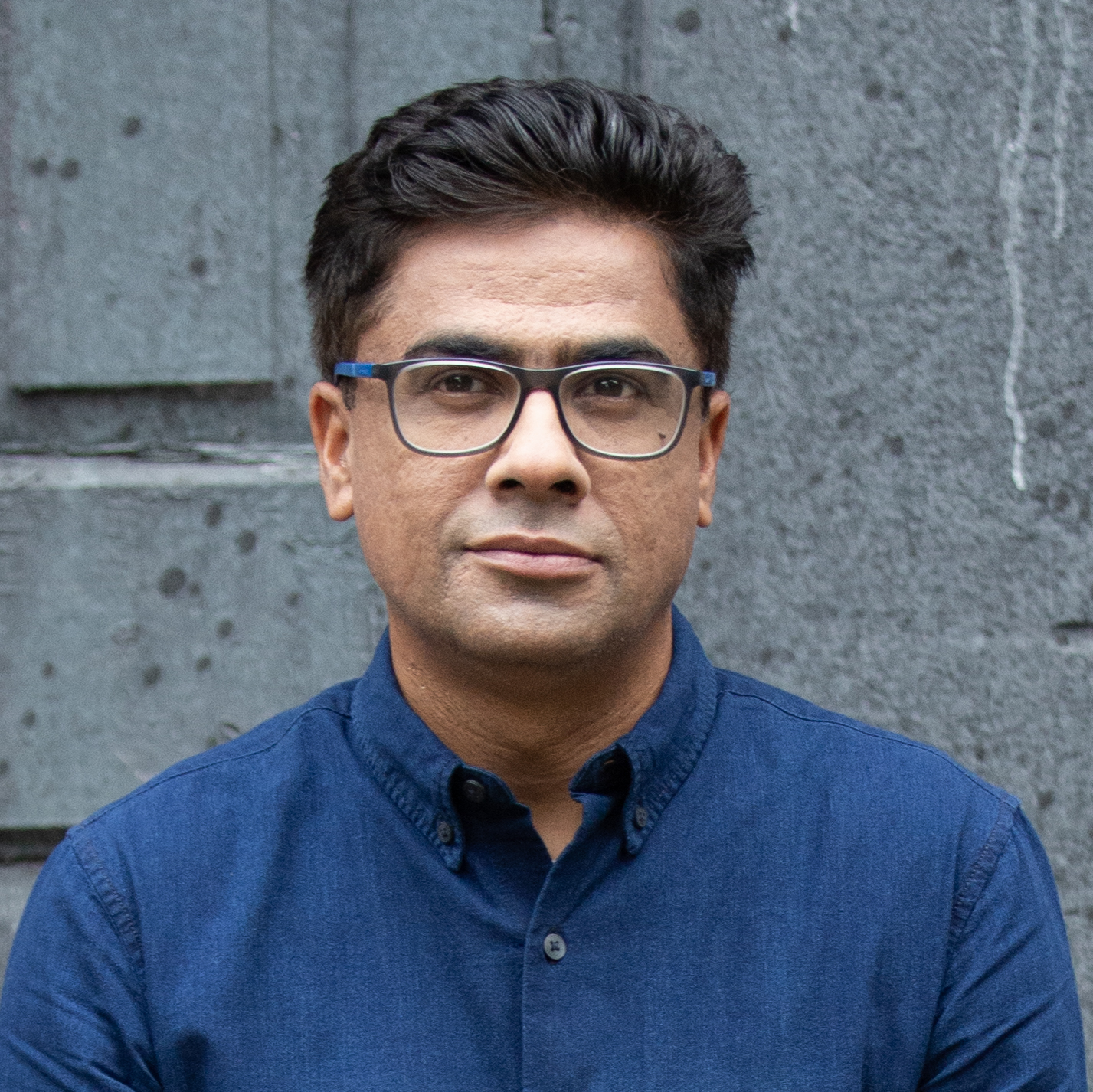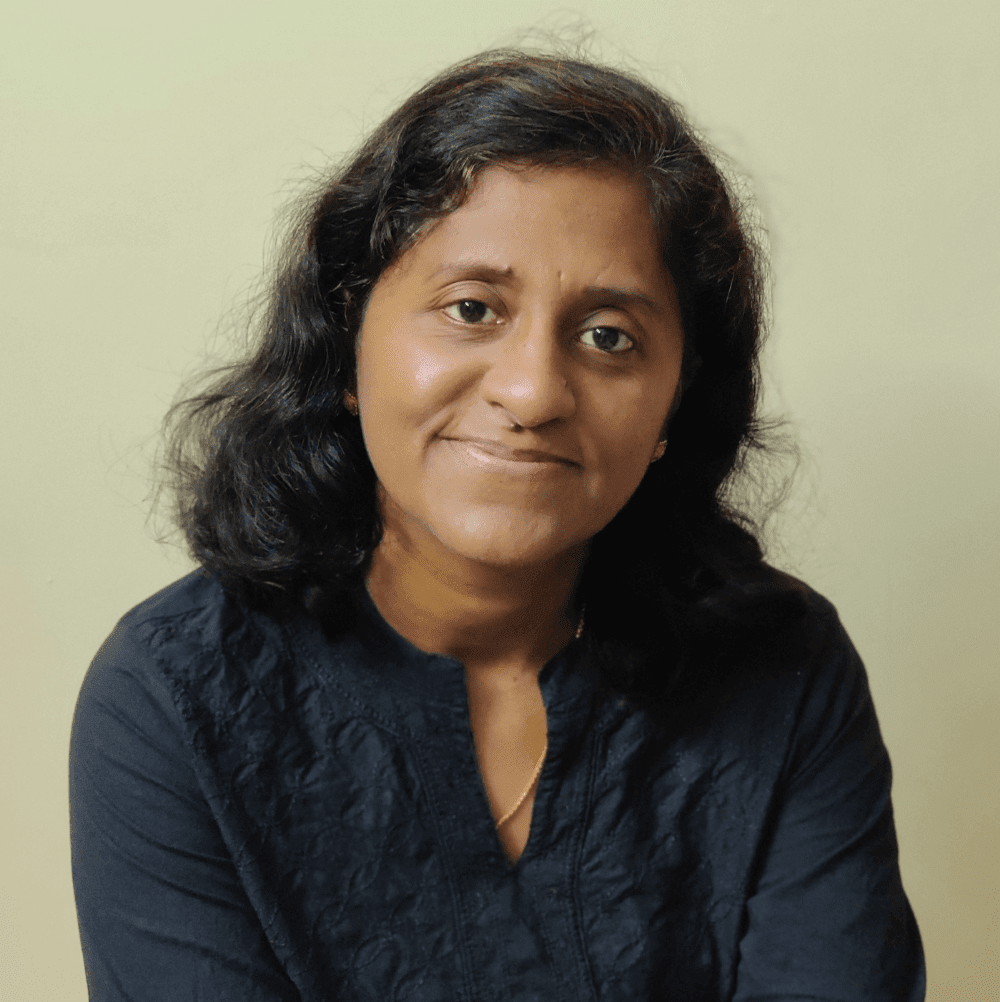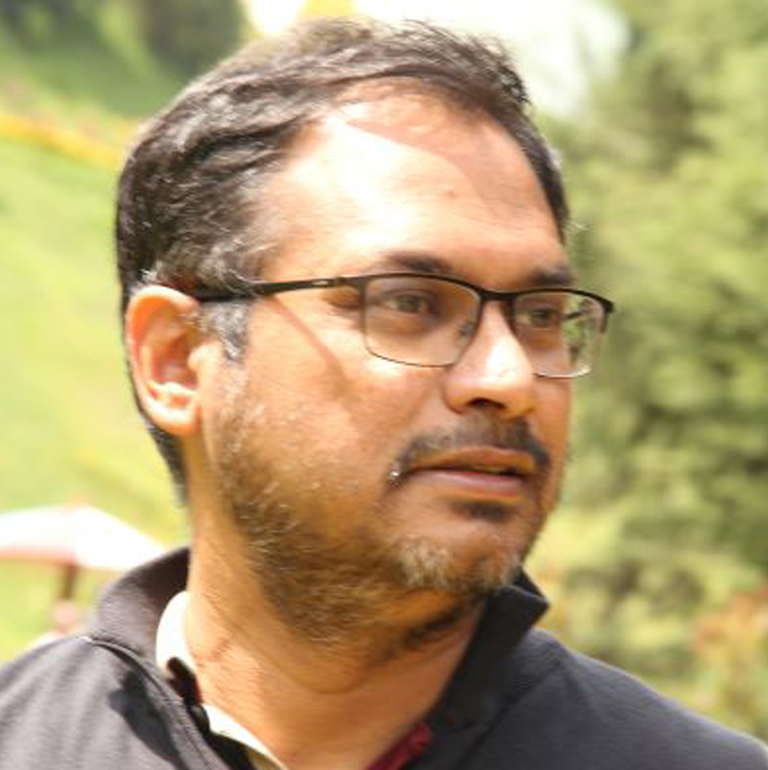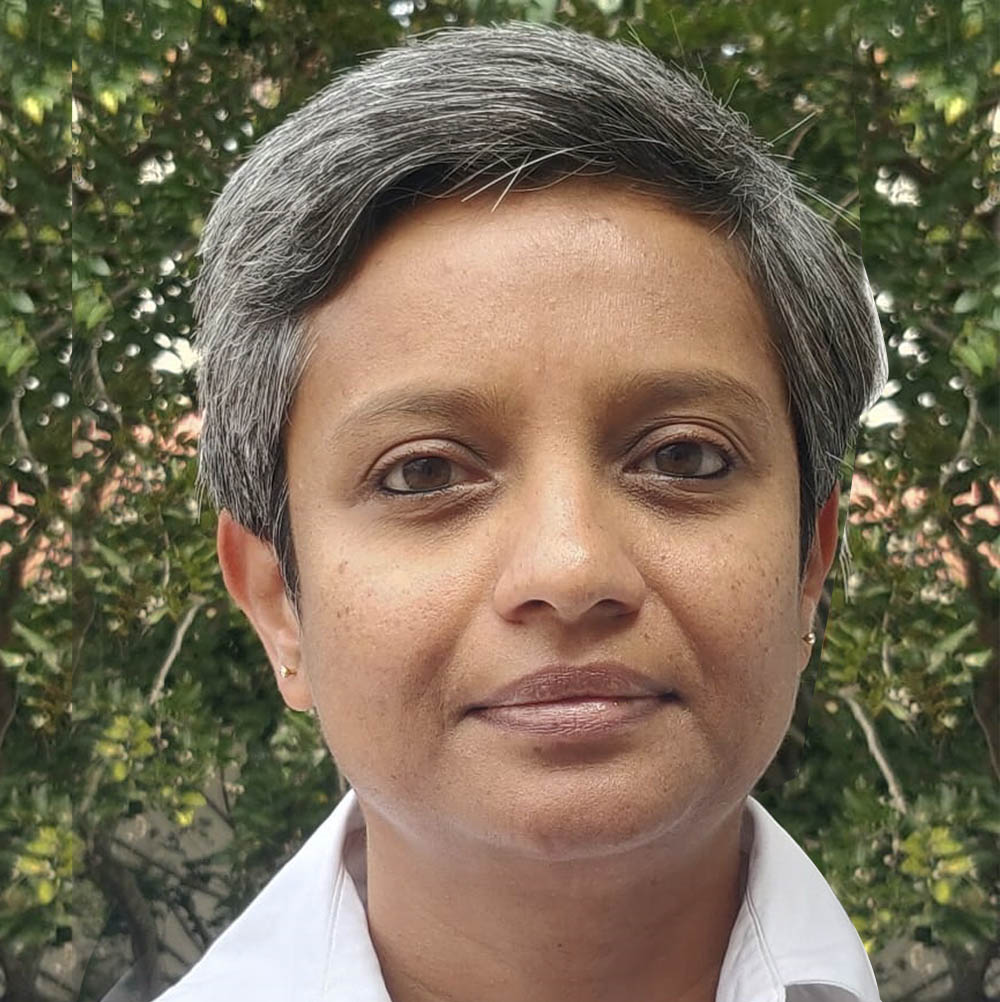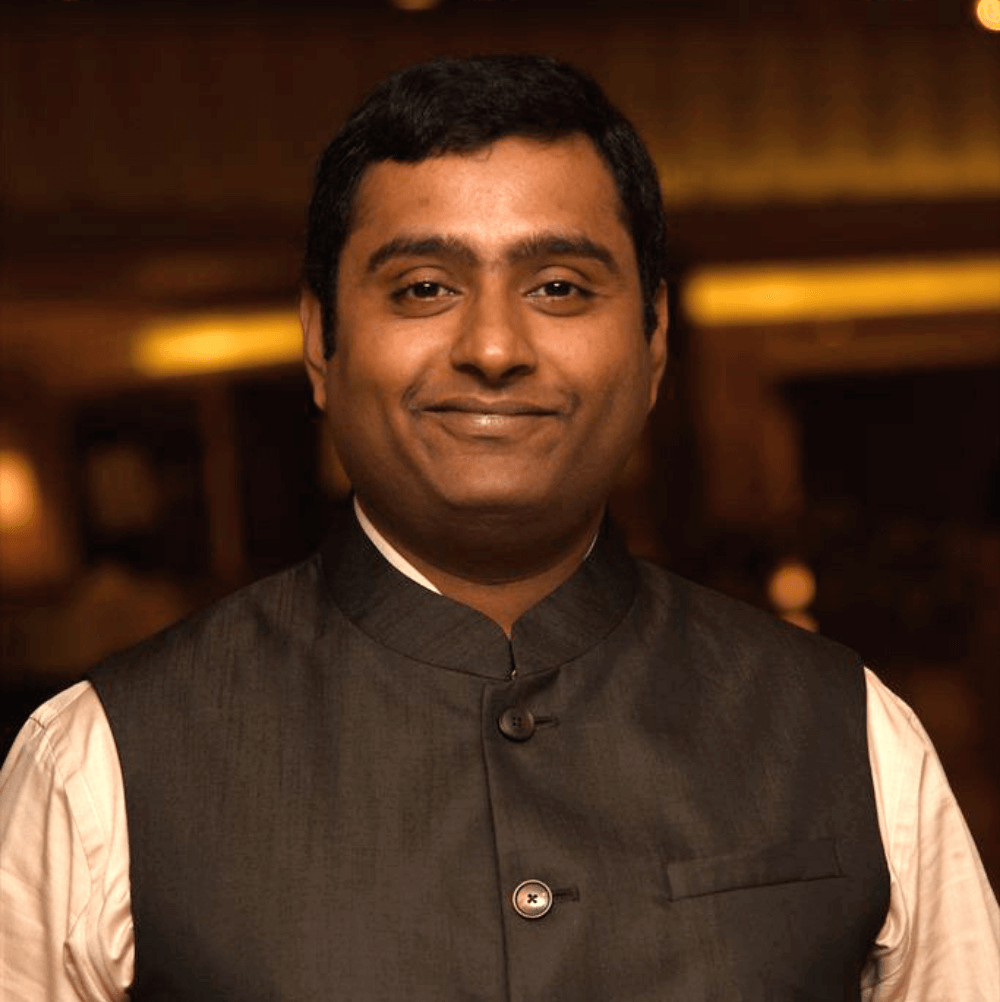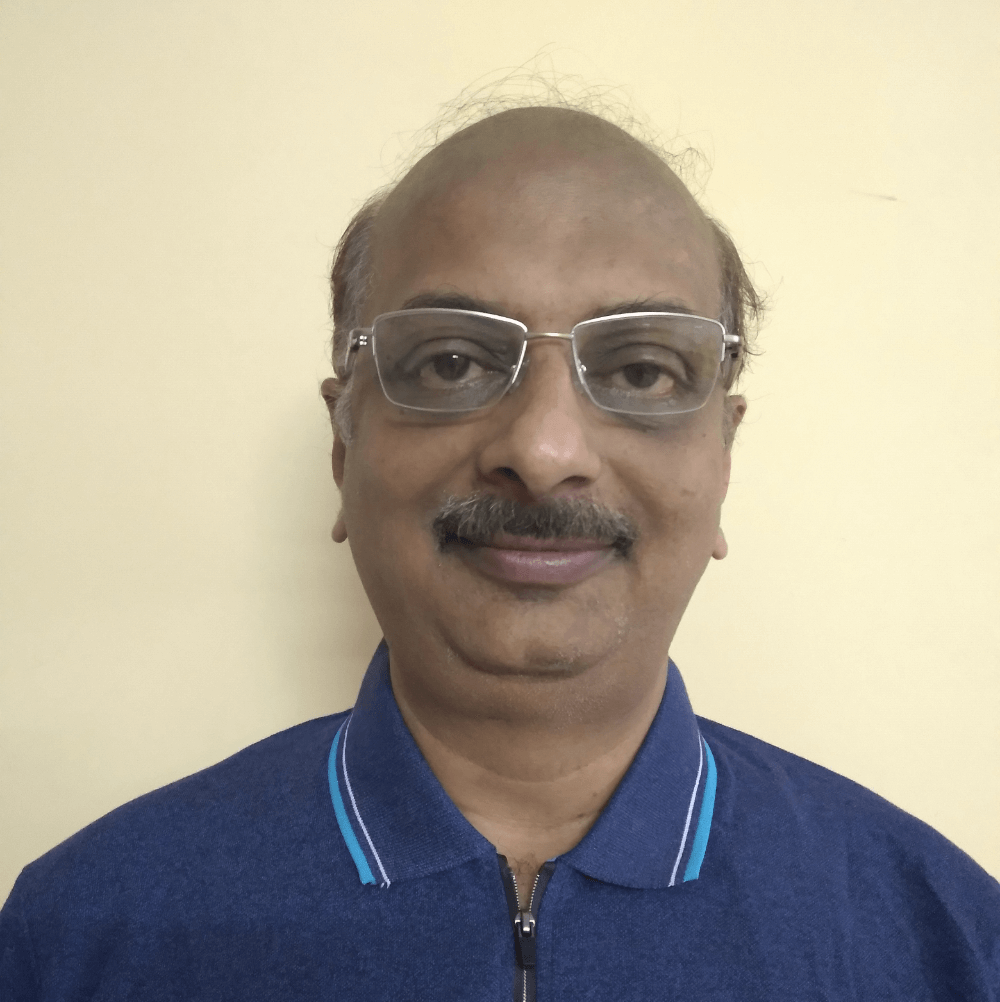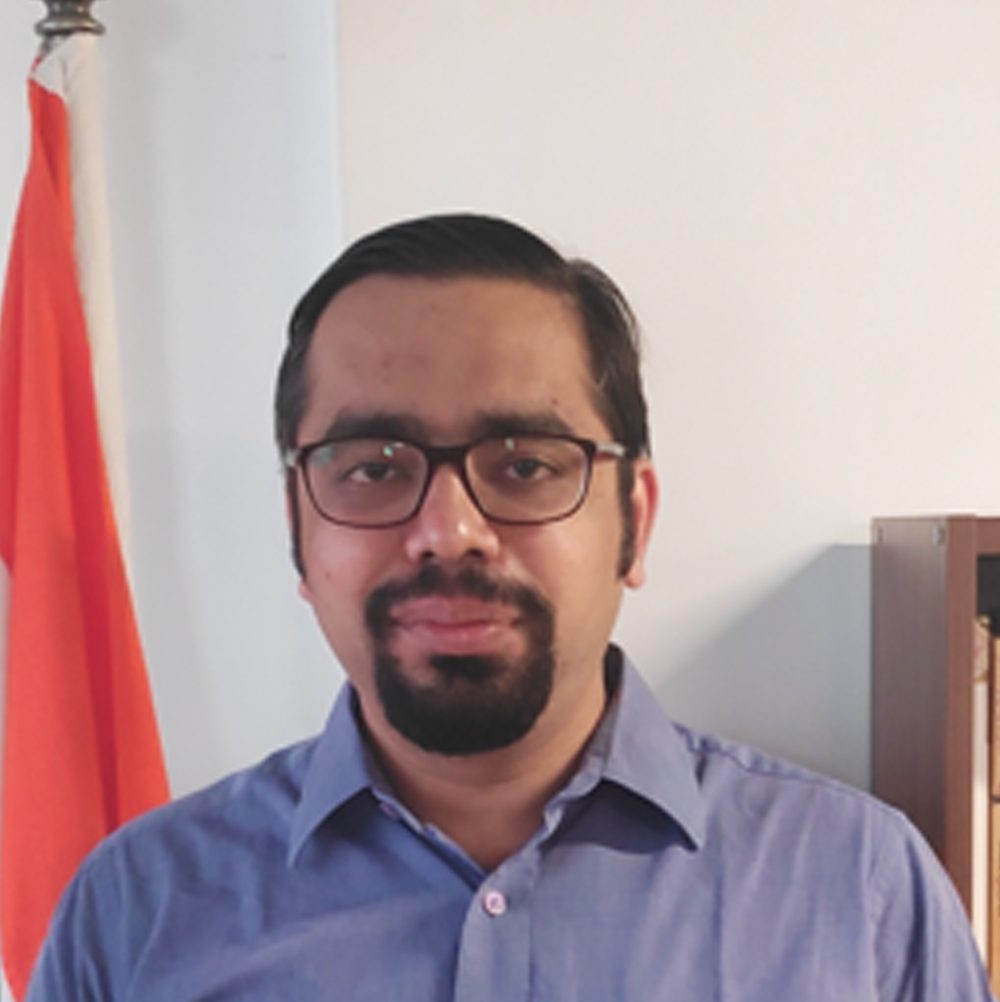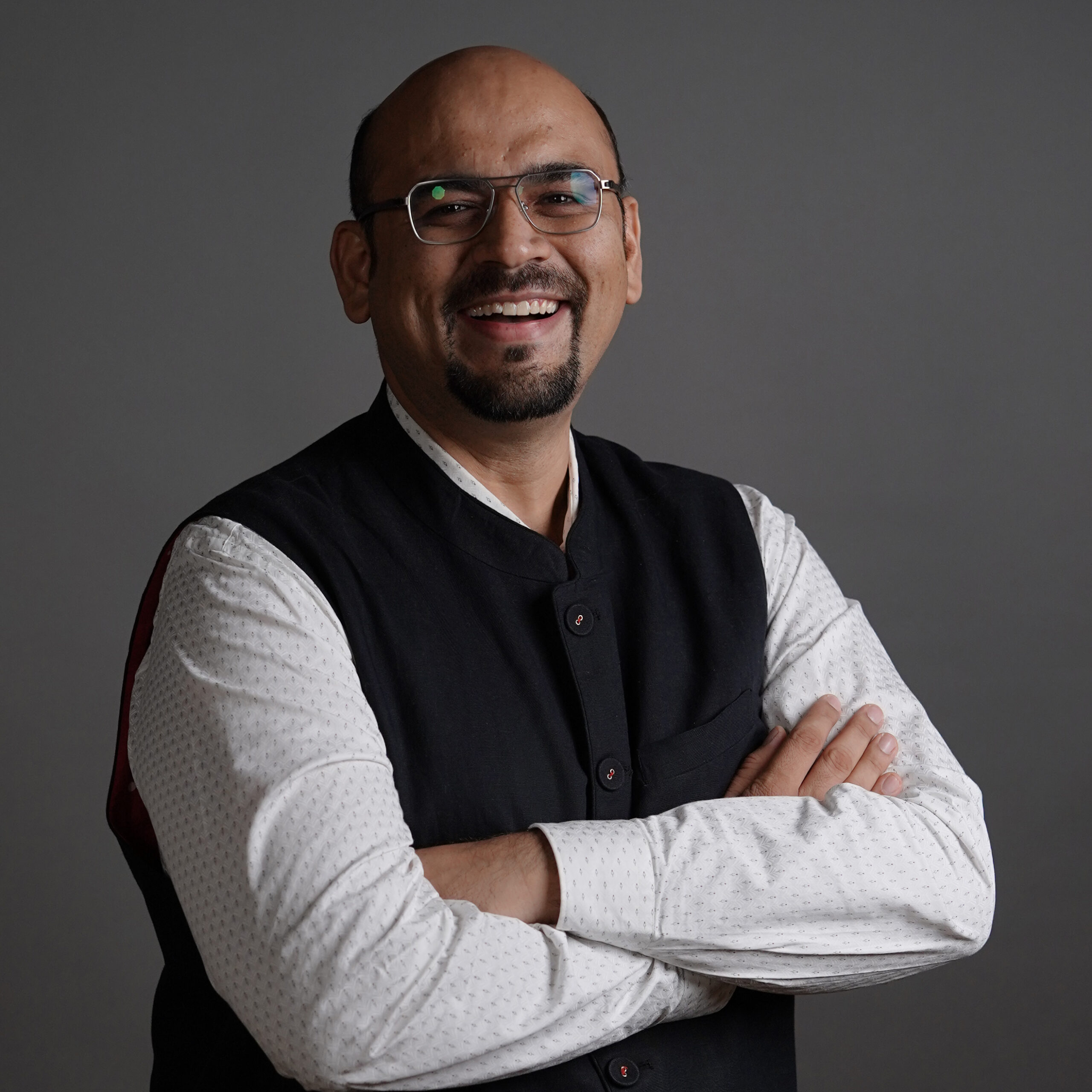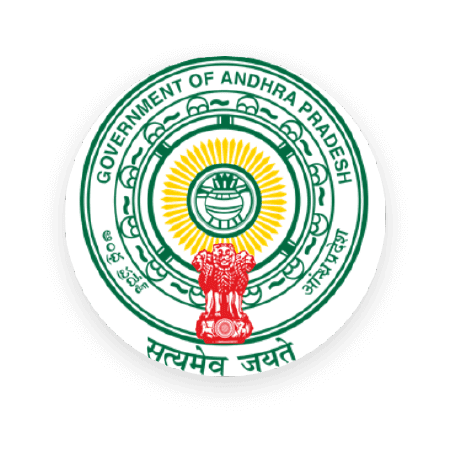
Harnessing Digital Public Infrastructure (DPIs) to achieve the
SDGs
DPIs for population-scale
implementations across
countries
By: Gautham & Ameya
Governance matters to achieve the SDGs. The UNDP states “we know that improvements in governance, including its transparency, inclusiveness, and effectiveness are important in themselves, and as foundations upon which to structure and implement policies to accelerate progress towards the goals and their targets.” When considering the SDGs, their achievement is predicated on the ability to deliver high quality public goods and services in each country. In order to achieve effective coordination of actions between the government and other stakeholders, and to ensure robust, shared, and trusted data used to make decisions, we can explore the application of digital technologies. Considerations of Digital Sovereignty require that these technologies are unconstrained by copyright regimes and proprietary ownership. Technologies that meet these criteria are now recognised as digital public goods and digital public infrastructures.
Digital Public Infrastructures (DPIs) are solutions and systems that enable the effective provision of essential, societywide functions and services in the public and private sectors, including digital ID, civil registration, payment, data exchange, and information systems.
When selecting proprietary solutions, governments may end up being locked in with the vendor providing the solution; switching between different solutions becomes a costly affair, often involving a lot of rework and ab-initio data capture. With DPIs, governments can choose to switch vendors while retaining control over their systems and data, as well as be assured of their ability to migrate systems completely.. In resource-constrained environments, DPGs eliminate licensing and related fees of proprietary solutions, freeing up fiscal bandwidth to invest in other parts of the program, especially capacity building, awareness campaigns, and change management — which are equally crucial to program success. Unlike physical infrastructure, the incremental cost to governments of providing access to digital public infrastructures to citizens is minimal, as they can be scaled exponentially with relatively small investments in the underlying hardware/ cloud infrastructure.
Well-functioning DPIs have shown a significant impact on the ability of governments to improve public service delivery, especially where physical infrastructure is not a binding constraint. For example, between 2014 and 2016, the Government of Sierra Leone developed OpenG2P to provide cashless payments to front line workers during the Ebola epidemic. The same system was leveraged again during the COVID-19 pandemic to enable social protection transfers. India’s investments in the Aadhaar National ID system, the Jan Dhan program, and the increase in mobile connections (popularly known as the JAM trinity) led to a significant proportion of the population gaining access to banking within a decade (without the underlying DPI, the same journey would have taken 47 years). When COVID-19 hit India, in addition to leveraging the DPI for social protection programs, other DPIs like CoWIN and the National e-pass system helped it weather the initial wave of lockdowns, and vaccinate its billion plus population in a timely manner.
DPIs reduce administrative burdens on frontline employees improving both the quality and quantity of services they deliver. As different departments are onboarded on to existing DPIs (or establish their own DPIs), the interoperability of these systems reduces information asymmetry, improves coordination of actions, and rationalises the expenditure of public funds. Over time, the data generated by these DPIs becomes a rich source of insight into the functioning and effectiveness of different policies across various contexts, thus enabling policymakers to iteratively refine policies and their implementation.




